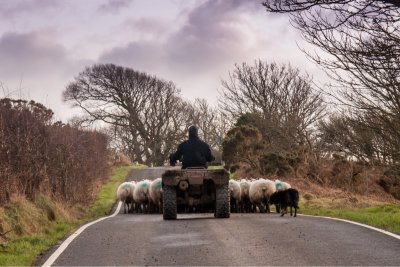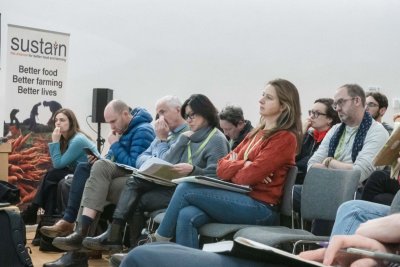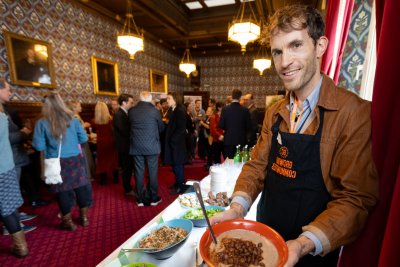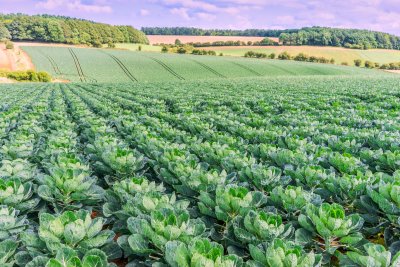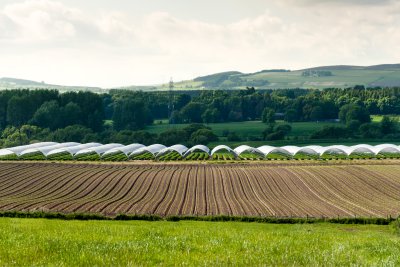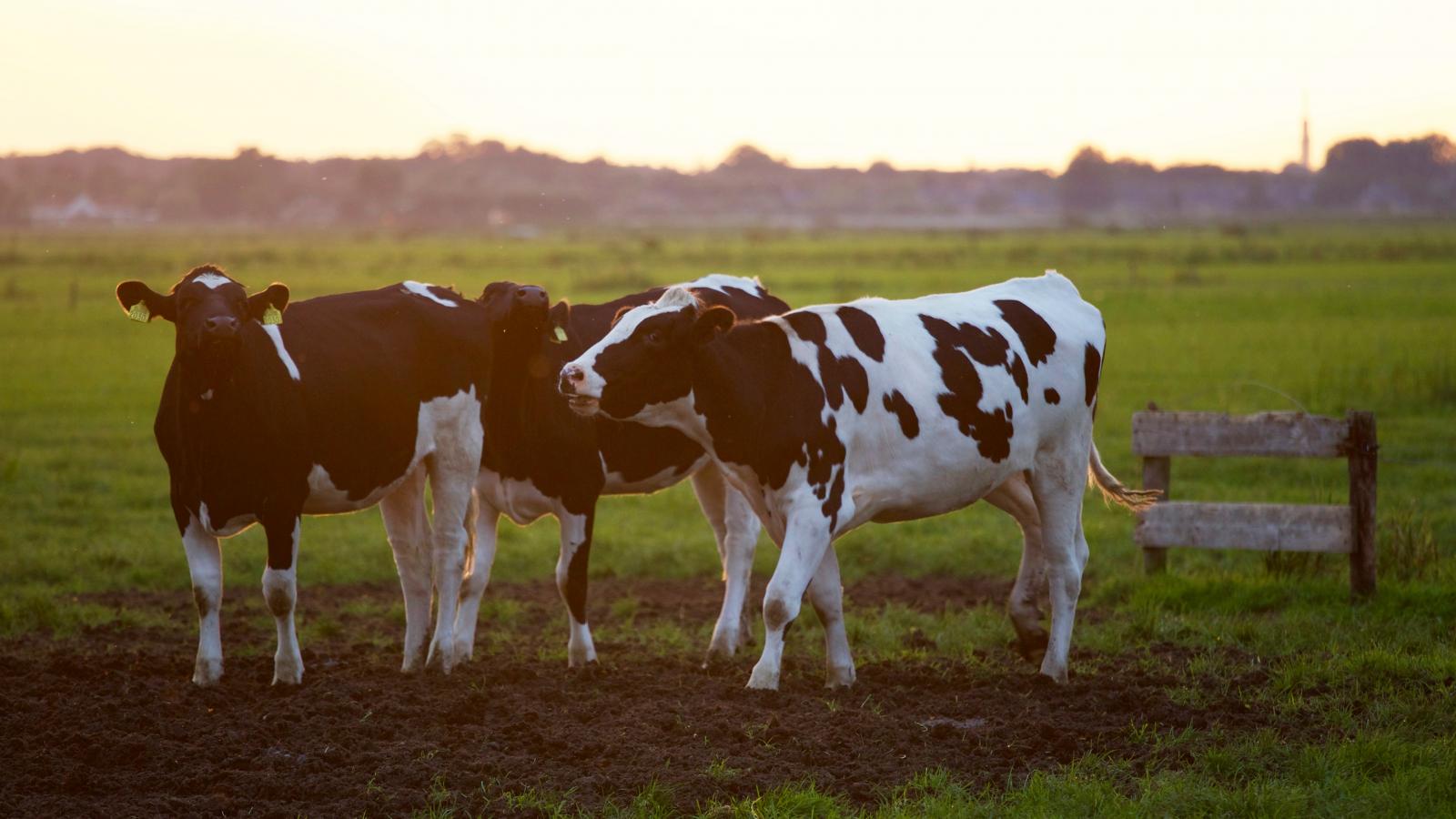 Photo credit: Pexels
Photo credit: Pexels

Tackling emissions from land use, food and farming can (and must) be done, says new IPCC report
The IPCC has confirmed that the 1.5 degrees target cannot be achieved without serious attention to land use, farming methods and livestock.
The Intergovernmental Panel on Climate Change (IPCC) published its report today (1, 8 August 2019), entitled: Climate Change and Land: an IPCC special report on climate change, desertification, land degradation, sustainable land management, food security, and greenhouse gas fluxes in terrestrial ecosystems” (SRCCL): download the report here.
Vicki Hird, Sustainable Farming Campaign Coordinator for the Sustain food and farming alliance said:
“A critical part of the global warming picture is finally emerging through this crucial and detailed report. It makes clear that unless we rapidly change course on land use and farming, alongside reducing fossil fuel use, we will not be able to prevent the climate crisis.
Climate change is already affecting food production and we face the prospect of increasing food instability and insecurity, poverty and ill health as climate change affects land and food production globally.
Yet, the report also shows solutions are available, need not be costly and should lead to a major and positive transformation in the way we manage land, support farmers fairly to produce diverse and low impact food and drive healthy and sustainable consumption patterns. Multiple co-benefits are described including better health, enhanced livelihoods, poverty alleviation and nature and ecosystem protection.
Business as usual is not an option as current actions are driving deforestation, land and soil degradation, wiping out animals and plants at an unsustainable rate, and speeding up climate breakdown. Land-based emissions are estimated to account for around 16 to 27% of total greenhouse gas emissions, with a further 5 to 10% from the food system. Far too high levels of food waste along the supply-chain and at consumer level also contribute to emissions.
Land is also a key carbon sink but its capacity to store carbon depends on good management and the climate too - whether land will act as a net sink or a source in the future remains highly uncertain. Delaying action to tackle land use issues now will make carbon storage in many systems harder.”
On the solutions proposed, Vicki Hird commented:
“Sustain’s work shows the current economics of farming are unhelpful - especially when money in the food chain fails to reach producers and through badly designed public policy (2) - but it can be redirected to support the kind of farming and land use delivering the desired emissions reductions.
We need rapid and multiple actions as there is no silver bullet, nor 'one size fits all', to halt the damage to the land. The IPCC report proposes adopting farming practices that work with nature rather than forcing production with overuse of artificial fertilisers. Agroforestry, perennial pasture phases and use of perennial grains are noted as mitigation options with co-benefits.
A key step would be to support agro-ecological systems and end harmful subsidies of big single crops (such as corn, sugar cane, soy) and fossil fuels.
Strong measures are also necessary to eliminate food waste, support a transition to balanced diets with more plants and less and better livestock, halt deforestation, restore damaged ecosystems and use indigenous knowledge to protect and foster ecosystems.Solutions must be sensitive to differences in land use, food and farming in different regions.
The report highlights how bioenergy carbon capture and storage (BECCS) is no easy solution and can create serious trade-offs against food security and limiting temperature rise, in those scenarios where we fail to aggressively decarbonise society.
This report is clear that changing our relationship with the land is a vital part of stopping climate change but to ensure food supplies we must switch to renewable sources of energy and keep fossil fuels in the ground, decarbonise society and develop more efficient cities and transport infrastructure.”
Notes
- The IPCC report and associated research are available here. The report relies on the most recent scientific papers. The analysis of land and climate it contains will be a key input to the next IPCC Assessment Report (AR6), due to be published between 2021-22.
- Read briefings on supply chain fairness here and on farm policy here.
Sustainable Farming Campaign: Pushing for the integration of sustainable farming into local, regional and national government policies.
Sustain
The Green House
244-254 Cambridge Heath Road
London E2 9DA
020 3559 6777
sustain@sustainweb.org
Sustain advocates food and agriculture policies and practices that enhance the health and welfare of people and animals, improve the working and living environment, promote equity and enrich society and culture.
© Sustain 2026
Registered charity (no. 1018643)
Data privacy & cookies
Icons by Icons8
